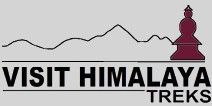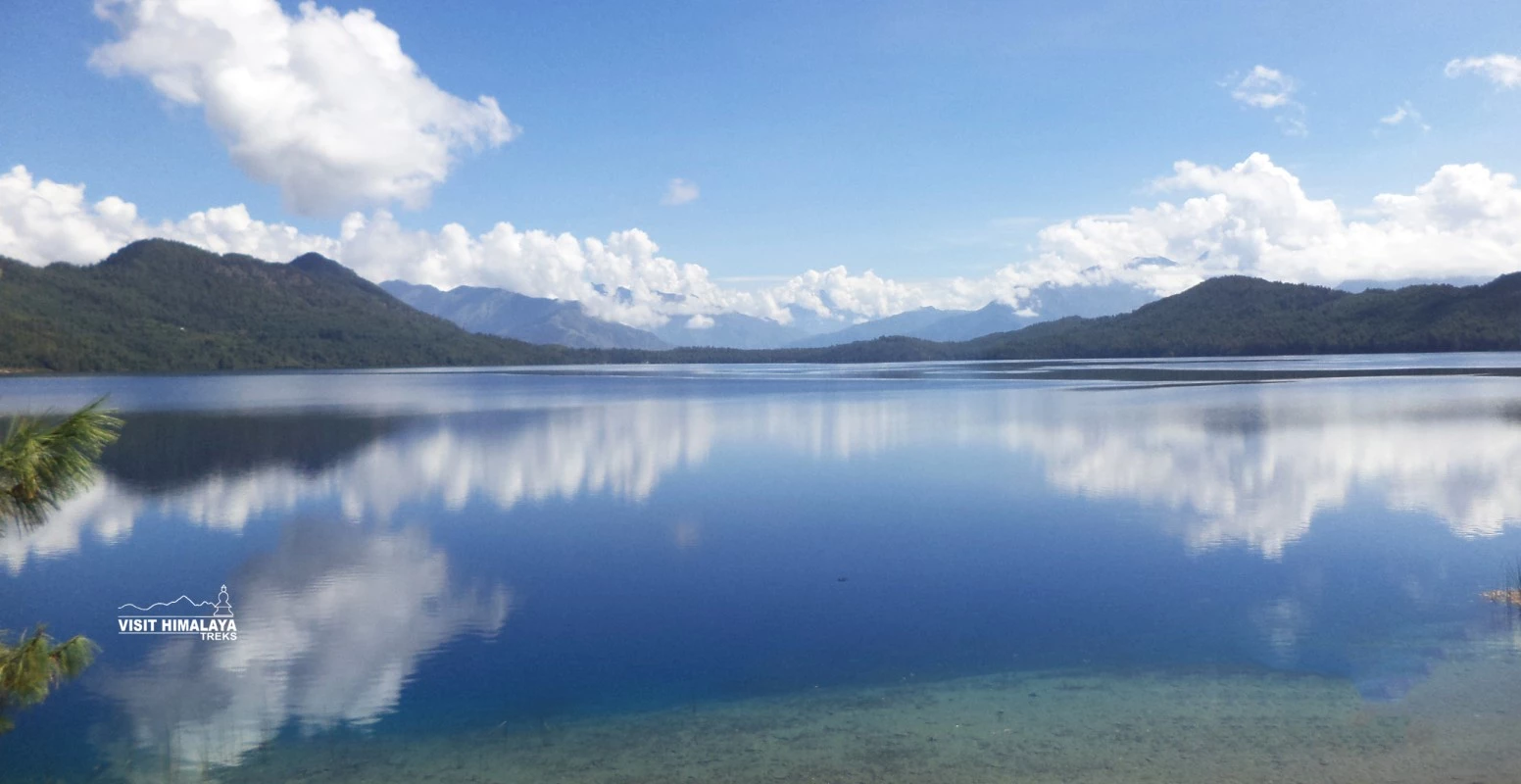Rara Lake Trek is one of the "Off The Beaten Path" trek to the country's largest lake in the less traveled far western region of Nepal. Rara Lake is the biggest lake in the country and has been given the title of "Queen Of Lakes" because of its beauty. This sparkling lake with brilliantly clear water is surrounded by equally beautiful spruce and juniper forest. Rara Lake Trek simply lacks the majestic views and star power of high mountains that are trademarks of treks in Nepal. But for nature and solitude-loving trekkers, it is one of the best treks in Nepal.
The spectacular scenery and serenity of the region bring inner peace to almost every visitor. Rara Lake Trek is in Rara National Park, which is one of the fascinating national parks to observe wildlife because of the region's solitude. The place is also a paradise for botanists as the valleys are full of blue pine, black juniper, Himalayan spruce, oak and cypress forests, and many more.
These forests are habitats to Ghoral, Thar, Himalayan Black Bear, Musk Dear, Leopards, and also the elusive Red Panda. These same forests are also home to more than 200 species of birds. All this makes Rara Lake Trek one of the most rewarding and fascinating treks in the western part of the Himalayas of Nepal.
Trekking to Rara Lake is divine in nature, with the small and high hills, and mountains. The rich seasonal vegetation makes the trek more adventurous and a peace. With few low facilitated lodges, the camping on the bank of the lake with a view of the lake. is always less described than seen. For such short-timer travelers shorter version trip is available, please let us know. The "Rara Lake" trekking is recommended to those who truly love nature.
Rara Lake Trek Itinerary,
Day 01: Arrive in Kathmandu. (1335 meters)
Day 02: Sightseeing and Trek Preparation
Day 03: Fly to Nepalgunj overnight at a hotel.
Day 04: Fly to Jumla (2370m).
Day 05: Jumla to Danphe Langa (3500m).
Day 06: Danphe Lagna to Chautha (2770m).
Day 07: Chauta to Dhotu (2380m).
Day 08: Dhotu to Rara Lake (2980m).
Day 09: Acclimatization in Rara Lake.
Day 10: Rest and explore Rara Lake as well as the surrounding hills.
Day 11: Rara Lake to Gorosingha (3190m).
Day 12: Gorosingha to Sinja (2440m).
Day 13: Sinja to Jaljala Chaur (3270m).
Day 14: Jaljal Chaur to Jumla (2370m).
Day 15: Fly to Nepalganj connecting flight to Kathmandu.
Day 16: A leisure day in Kathmandu.
Day 17: Departure.









